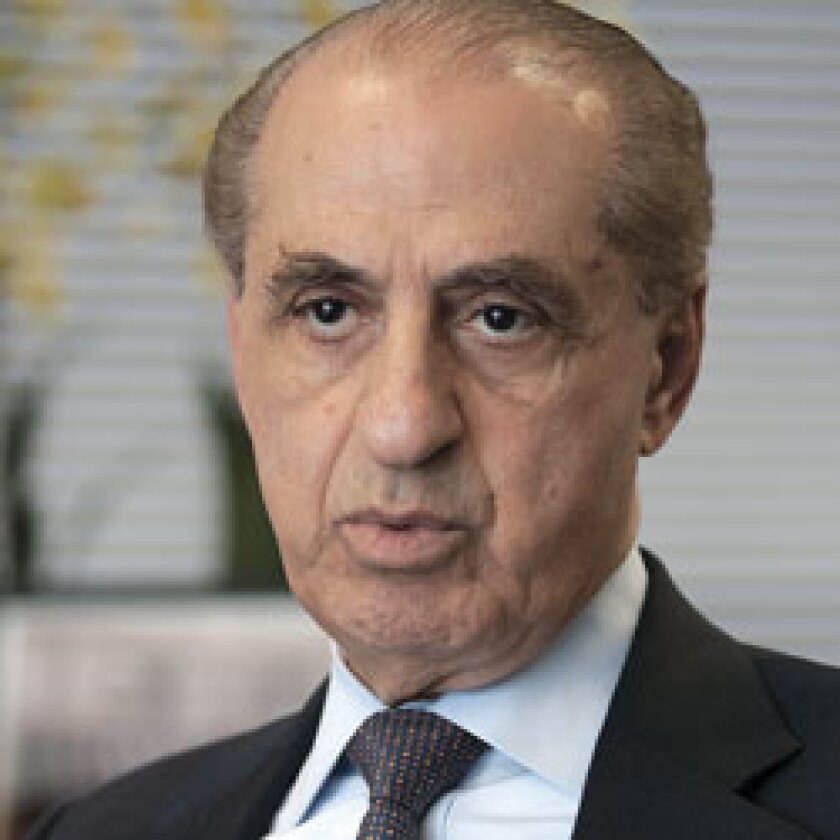Desperate diplomatic efforts continued this week to try to find a US-Palestinian compromise, as Palestinian Authority (PA) president Mahmoud Abbas prepared to apply for membership of the United Nations today.
Palestinian sources told Emerging Markets that even if the application is lodged with UN General Secretary Ban Ki-moon today – which is as good as certain – western politicians, led by US President Barack Obama, would continue to manoeuvre to stall the statehood bid.
The US President told Abbas on Wednesday that he will veto the application.
“Both sides are trying to avoid a confrontation,” former Palestine Monetary Authority chairman George Abed told Emerging Markets. “So far Obama has played a neutral to positive role [restoring the US’s image in the Middle East]. He will be careful not to waste that capital, especially during such a period of a turbulence.”
But with an election looming, Obama must also keep Israel onside. Israel might be persuaded to allow the Palestinians upgraded observer status at the UN, but only if some key advantages were dropped – in particular, access to the International Criminal Court (ICC), which would allow alleged crimes committed in the Palestinian territories to be tried in The Hague.
Abbas has little room for manoeuvre. The PA president “came in on a platform of non-violence and to his credit stuck to it – but he has absolutely nothing to show for it”, observed Abed, now with the Institute of International Finance in Washington. “He has gone to the international community having despaired of the Quartet [of the US, EU, Russia and the UN].”
Palestinian negotiator Nabil Shaath said there is some margin for compromise. “We will give some time to the Security Council to consider first our full membership request before heading to the General Assembly.”
Abed suggested that the decision “could be deferred to the membership committee”, to avoid an immediate veto crisis.
No immediate vote is expected in the 15-member United Nation Security Council (UNSC) and an uneasy political compromise could be struck, either to avoid the US applying its veto or the PA failing for lack of votes, with European nations set to abstain, sources told Emerging Markets.
The PA has said that, if it is blocked in the UNSC, it will apply to the General Assembly to be admitted as a non-voting observer state. Legal experts say it would easily secure the needed two-thirds of the 193-member body’s votes.
A move towards statehood would change the Palestinians’ status with institutions including the IMF, World Bank and the ICC.
Economic conditions in the West Bank and Gaza remain parlous, even though, according to the World Bank, “in areas where government effectiveness matters most [...] Palestinian public institutions compare favourably to other countries in the region and beyond”.
The Bank’s latest Ad-Hoc Liaison Committee report, issued on Monday, reported that “the onset of an acute fiscal crisis, accompanied by declining economic growth, may undermine the promise of these institution-building achievements”.
